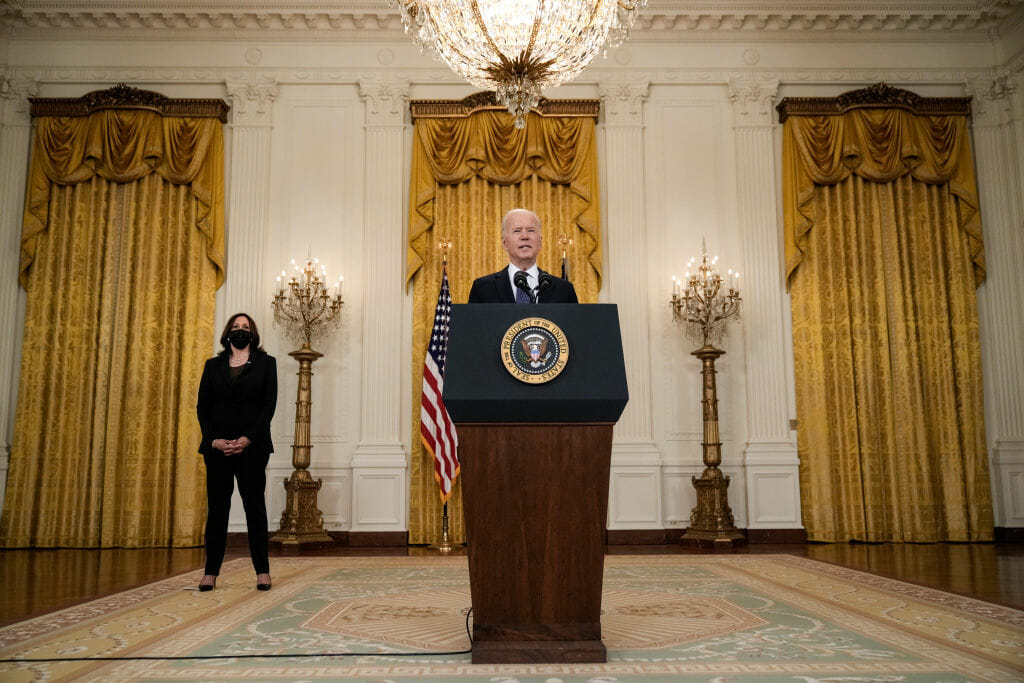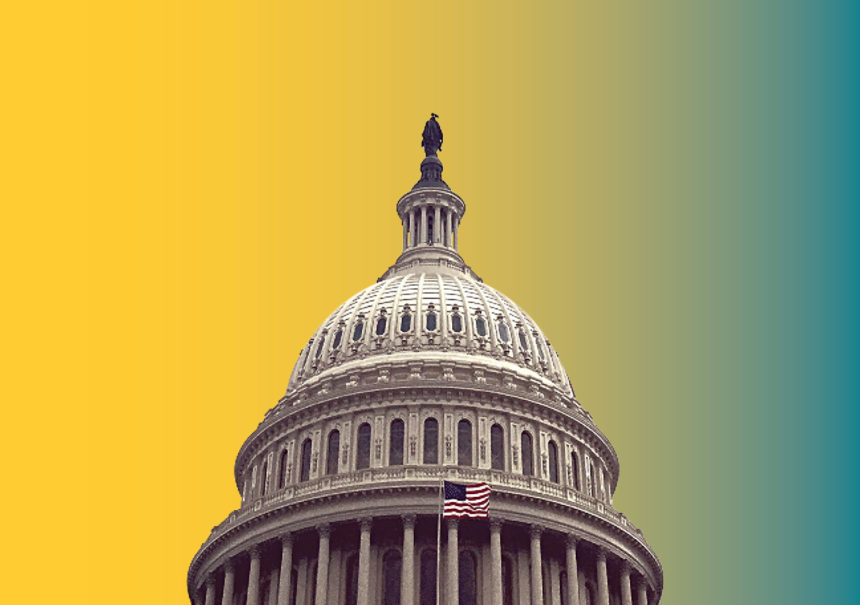The pandemic may be winding down in the U.S. as vaccinations increase, but that’s not the case in other countries around the world. As vaccine supply continues to outstrip demand in many states, Dr. Anthony Fauci has pointed out that the nation has a “moral obligation” to help other countries battle the pandemic.
And still last week’s announcement by the Biden administration, which said it would support temporarily waiving intellectual property rights for COVID-19 vaccines in order to boost global vaccine supply, prompted widespread industry alarm.
The idea was initially proposed by India and South Africa last fall, when the countries asked the World Trade Organization to waive intellectual property rights to make vaccines more accessible. It is envisioned as a key part of the solution for a crisis that’s been raging in low- and middle-income countries around the world.
“This is a global health crisis and the extraordinary circumstances of the COVID-19 pandemic call for extraordinary measures,” United States Trade Representative Katherine Tai said in a statement. “The Administration believes strongly in intellectual property protections, but in service of ending this pandemic, supports the waiver of those protections for COVID-19 vaccines.”
Tai noted, however, that the move can’t happen overnight. “As our vaccine supply for the American people is secured, the Administration will continue to ramp up its efforts – working with the private sector and all possible partners – to expand vaccine manufacturing and distribution. It will also work to increase the raw materials needed to produce those vaccines.”
For all intents and purposes, a temporary waiver would mean removing enforcement of patents related to the COVID-19 vaccines (under the TRIPS agreement). The goal would be to allow countries to adopt the technology and implement it in their own facilities, without having to rely on the manufacturers themselves.
Matthew Kavanagh, an assistant professor of global health at Georgetown University, calls waiving the patents a “good public health move” that would help create more equitable access to vaccines around the world. “There are numerous companies around the world that could be making vaccines serving the populations that are currently being ignored or put in the back of line by current manufacturers, for which there’s not enough manufacturing capacity at all,” he said.
Kavanagh added that any expansion of the pool of vaccine manufacturers is a good one. “Doing so without the threat of lawsuit or prosecution over intellectual property, is a good move that poorer countries should make use of,” he continued. “In India, South Africa, Senegal or Vietnam, they might decide not to enforce pharma patents so they could incentivize the production of vaccines that are urgently needed for the populations.”
But other experts argued that a temporary suspension of intellectual property won’t fix other urgent problems – such as a lack of raw materials and facilities needed to manufacture the amount of vaccine doses needed. Meanwhile, plenty of questions remain on implementation of the patent waiver.
Deborah Lu, a partner at law firm Duane Morris, pointed out that the main concern is whether access to the patent information would lead to longer-term development and capability to make medical products in the developing world.
“What are the facilities for manufacture, quality control and distribution?” she asked. “It’s just a waiver. How far is this push going to go in order to get vaccines into the arms of people who need them?”
There’s also the concern that implementing the patent waiver would be “taking the genie out of the bottle,” according to Duane Morris partner Thomas Kowalski. He noted the possibility that the move could establish a precedent for future patent waivers.

That’s why Kowalski is withholding judgment until the specifics are sorted out. “If the waiver, well-intentioned as it is, has the appropriate details put into it, it can be something good,” he explained. “It would be great to know that first-world countries and corporations are helping with investment in infrastructure. That’s part of what’s necessary.”
Kowalski also stressed that there needs to be “a proper consideration of compensation for the relevant individuals who have done the hard research.”
Whether the COVID vaccine patent waiver would establish a precedent moving forward is unlikely, said Umer Raffat, an equities analyst at Evercore ISI, in a statement. He noted that the waiver is envisioned as a temporary one, with the WTO draft text specifically providing the number of years it would remain in place.
“[There also] appears to be unanimous pushback against it among Western countries,” Raffat wrote. “Barring a public health emergency, I don’t see this happening on a routine basis.” He added that the Biden administration’s statement of support for the patent waiver doesn’t necessarily mean it will happen.
Razorfish Health chief medical officer Dr. Nafeez Zawahir largely agreed, characterizing the U.S. support as “largely performative” and “virtue signaling.”
“The reality is that an IP waiver cannot be unilateral. It would need to be agreed upon at a global scale – and even if that was feasible, it’s unlikely that the removal of patent protection would meaningfully impact the root causes of vaccine access and health inequity,” Zawahir said. “However, this game of political chess aptly serves to remind pharmaceutical companies that they have a real bottom-line reason to care about equitable global vaccine access. In a nutshell, this could force the hand of pharma in the future to provide cheaper access to those countries in need if they wish to continue to hold IP protection.”
While the ultimate decision likely won’t be made until early June, the pharmaceutical industry has already voiced its concern. In a statement, PhRMA president and CEO Stephen Ubl argued that the waiver would “undermine our global response to the pandemic and compromise safety.”
“This decision will sow confusion between public and private partners, further weaken already strained supply chains and foster the proliferation of counterfeit vaccines,” Ubl said. “It also flies in the face of President Biden’s stated policy of building up American infrastructure and creating jobs by handing over American innovations to countries looking to undermine our leadership in biomedical discovery.”
Pharma manufacturers have committed to boosting global vaccine access, the PhRMA statement noted, and proposed an increase in production targets. But Kavanagh noted that global vaccine equity remains wildly unbalanced.
“The outsourcing of the allocation of vaccines is really worrying me,” he explained. “The handful of companies right now that have the capacity and the right to manufacture these vaccines have continually put low- and middle-income countries at the back of the line. That means many countries have vaccinated 10 or 15% of their health workers, while at the same time the U.S. is moving to vaccinate all people of all ages. This is deeply unjust and unethical, yet it’s the decision being made by the current manufacturers.”
Kavanagh added, however, that the patent waiver may only be a first step toward addressing the crisis. There are also the complicated matters of actually sharing the technology and transferring it to other countries and governments, not to mention financing the building of manufacturing capacity.
“If you do all of those things, you might well get to a place where you expand production enough to be able to reach everybody in the world fast enough to stop the pandemic,” Kavanagh said. “That’s the critical point, because we’re in a race.”








